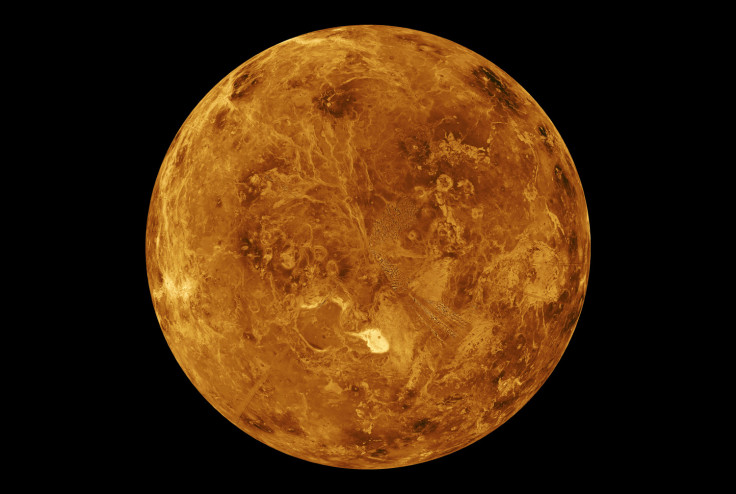Life on Venus? Scientists might have discovered biggest signs of alien life on the planet
Scientists have discovered signs of the chemical compound phosphine which is believed to have originated from something alive on the planet.
Scientists have been looking for signs of alien life all over our universe. Venus remains one of the unlikely candidates due to its toxic atmosphere. However, the scientists' latest discovery of phosphine gas in the planet's atmosphere might be a sign of life.
Phosphine is a chemical compound that is found on Earth, Jupiter, and Saturn. It comprises one atom of phosphorous and three atoms of hydrogen.
According to the New York Times, scientists insist that "something now alive is the only explanation for the chemical's source" on the planet that has long been neglected in search of extraterrestrial life. For decades, scientists have only looked towards Mars in search of alien life.
"This is an astonishing and 'out of the blue' finding," said Sara Seager, a planetary scientist at the Massachusetts Institute of Technology and one of the authors of the paper. "It will definitely fuel more research into the possibilities for life in Venus's atmosphere."
Another author of the paper Clara Sousa-Silva, who is also a molecular astrophysicist at Harvard University, describes it as an "extraordinary discovery."
Meanwhile, the report notes that several researchers question the hypothesis. They believe that the presence of the gas in the cloud decks hovering on the Venusian surface could be a result of "unexplained atmospheric or geologic processes."
"There's been a lot of buzz about phosphine as a biosignature gas for exoplanets recently," said Sarah Stewart Johnson, a planetary scientist and head of the Johnson Biosignatures Lab at Georgetown University. "How cool to find it on Venus? Venus has been ignored by NASA for so long. It's really a shame."
Many researchers who have not participated in the research but advocate of the possibility of life on Venus are excited with the finding and are encouraging further investigation.
Meanwhile, the discovery has also prompted a response from NASA administrator Jim Bridenstine.
Life on Venus? The discovery of phosphine, a byproduct of anaerobic biology, is the most significant development yet in building the case for life off Earth. About 10 years ago NASA discovered microbial life at 120,000ft in Earth’s upper atmosphere. It’s time to prioritize Venus. https://t.co/hm8TOEQ9es
— Jim Bridenstine (@JimBridenstine) September 14, 2020
He took to Twitter to express his excitement and said: "It's time to prioritise Venus."

The findings of the study were reported in a pair of papers published in Nature Astronomy and Astrobiology.
© Copyright IBTimes 2025. All rights reserved.





















